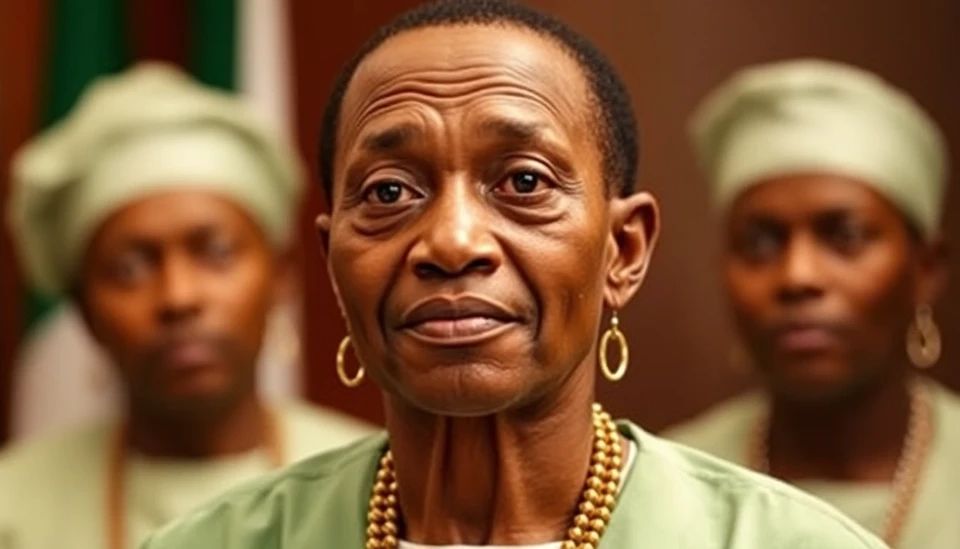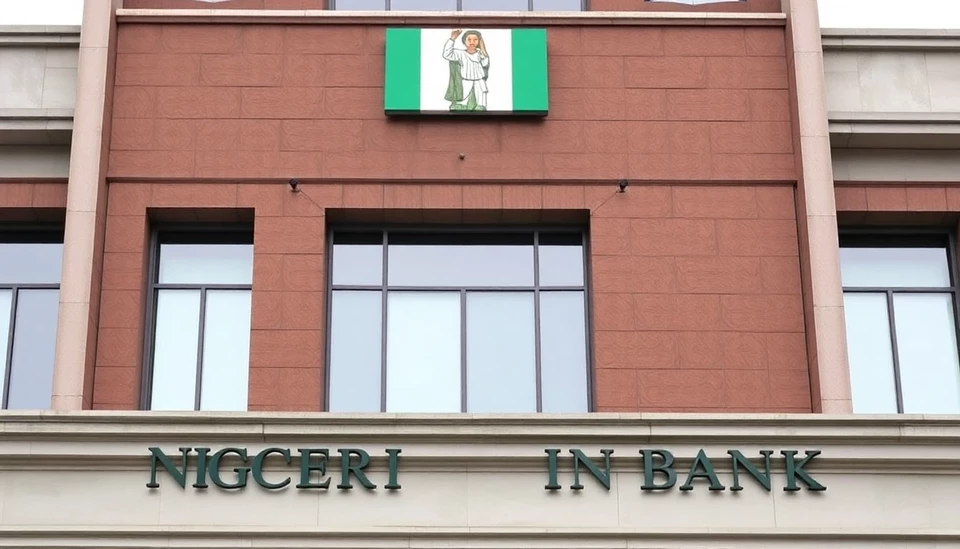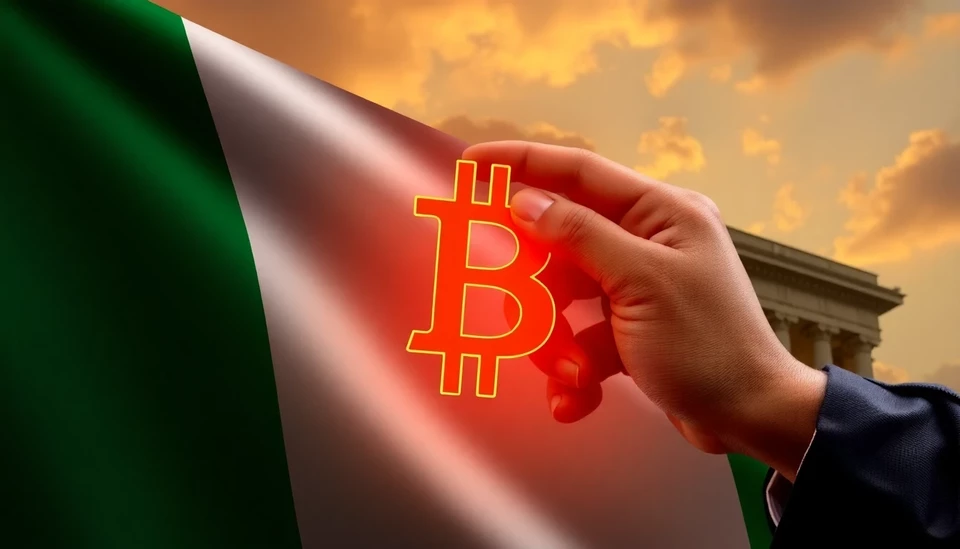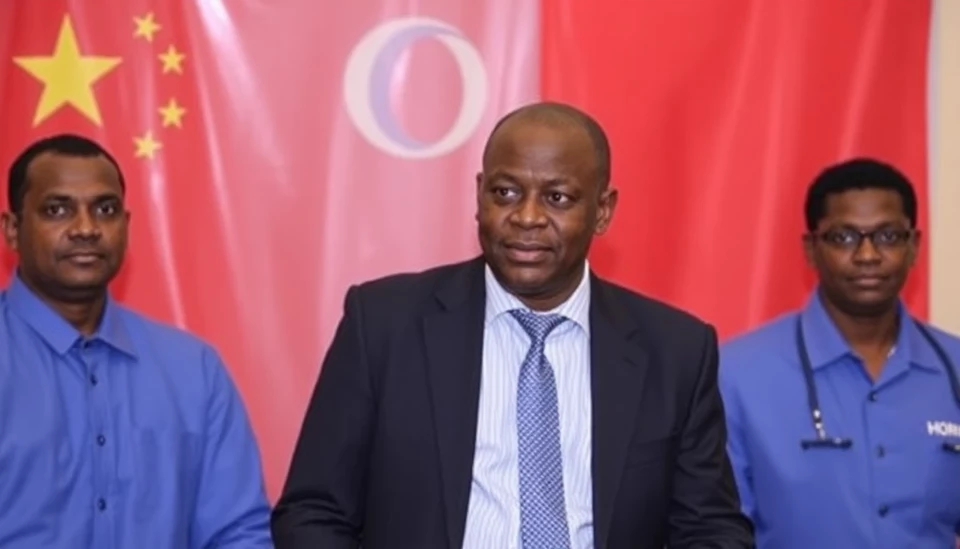
Nigeria's economic landscape is responding to renewed inflationary pressures, compelling the Central Bank to extend its current cycle of interest rate hikes. This move reflects the government’s commitment to stabilizing the economy amid rising prices for essential goods and services, coupled with a struggling currency.
In recent reports, inflation rates in Nigeria have surged, prompting financial authorities to reassess their monetary policy strategies. The Central Bank of Nigeria (CBN) announced its intention to implement further interest rate increases as a countermeasure to the escalating rise in living costs, which have significantly affected the populace.
The CBN's decision comes on the back of the Consumer Price Index climbing to alarming levels, marking an increase in the cost of food, fuel, and other necessities. Thus, the CBN is seeking to curb inflation by tightening monetary policy, a strategy it has employed consistently in recent months. Last month, the bank raised its benchmark interest rate to a record 18.75%, which was aimed at containing price pressures that have been exacerbated by a mix of domestic and global factors.
In addition to domestic inflationary challenges, Nigeria is confronting a depreciating naira, which has further compounded the issue. As the currency weakens, the cost of imported goods has surged, adding to the inflation burden the average Nigerian faces daily. This situation is particularly dire for low-income households, who are most vulnerable to fluctuations in food prices and transport costs.
The economic outlook for Nigeria indicates that inflation is likely to remain a pressing challenge. Analysts predict that unless significant interventions are made, the CBN may have to maintain a restrictive monetary policy for an extended period. The central bank's interventions are crucial not just for immediate price stabilization but also for fostering long-term economic growth.
Despite the increased interest rates, economists offer a mixed outlook on the effectiveness of such measures. While higher rates may help contain inflation, they also introduce higher borrowing costs, potentially stifling investments and economic growth. Stakeholders are now closely monitoring the developments in the CBN’s policy decisions, as these will largely dictate the trajectory of Nigeria's economic recovery.
As Nigeria navigates this complex economic environment, the interplay between monetary policy and inflation will be critical. The government, alongside the CBN, must balance the need for immediate action against inflation with the long-term objectives of economic stability and growth.
As these developments unfold, businesses, investors, and citizens alike are left wondering how sustained interest rate hikes will shape the nation’s economic future in the coming months.
#Nigeria #Inflation #InterestRates #CentralBank #Economy #Currency #Naija #MonetaryPolicy
Author: Daniel Foster




